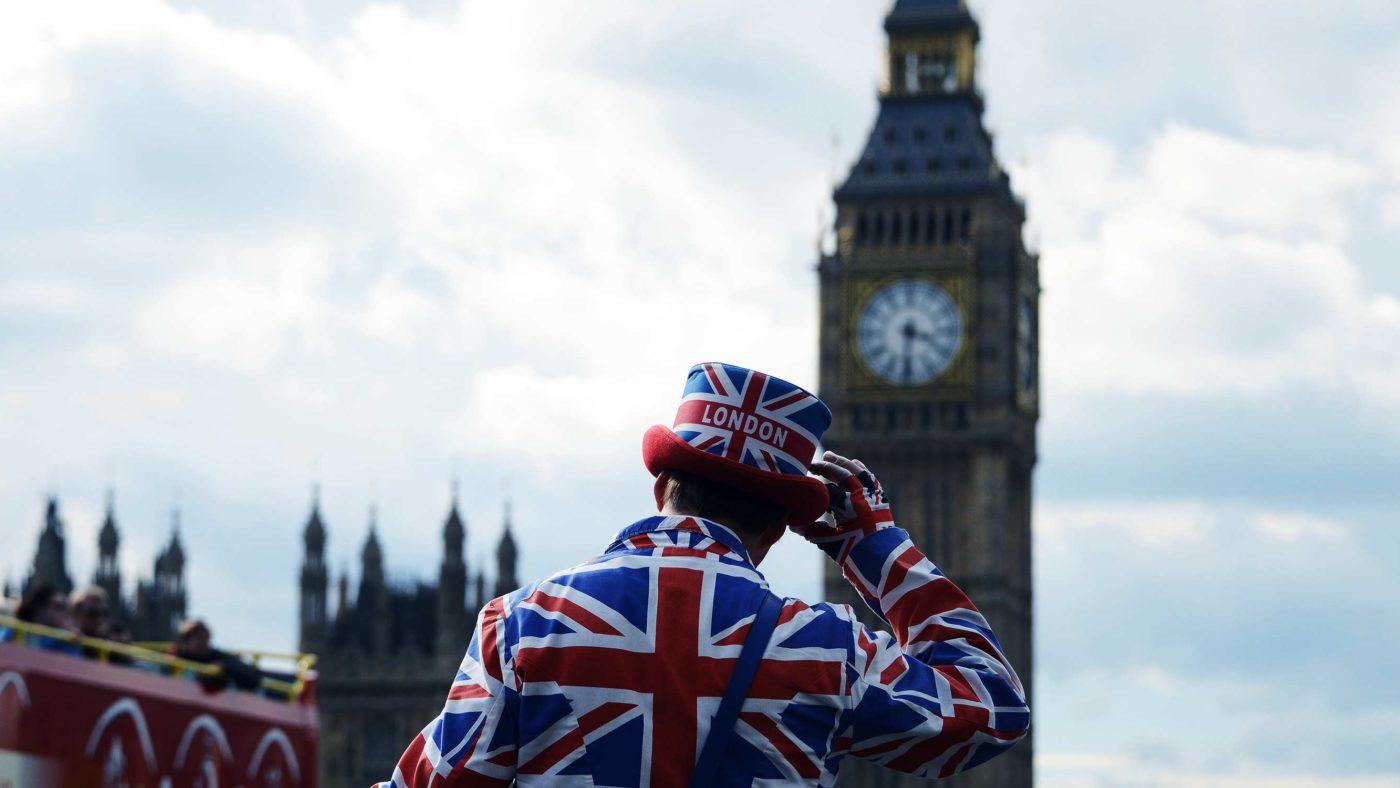As we head into 2022, there continues to be a serious disconnect between the British people and those who are elected to serve them.
Revelation of parties and social gatherings at the heart of government in May 2020 – while the country was placed under strict lockdown restrictions – have only served to reinforce the idea of ‘one rule for us, another for them’. The leaked footage of Boris Johnson’s former press secretary Allegra Stratton joking away with colleagues over non-socially-distanced gatherings in Downing Street during the Christmas of 2020 has certainly achieved the often elusive ‘cut through’ that Westminster types love talking about.
The perception that those at the very top are laughing at ordinary people who have made immense sacrifices to respect Covid rules has only worsened the already fraught, distrustful relationship between many voters and their political representatives.
However, it is important to note that this is hardly an exclusively Tory problem. In my hometown of Luton, former Labour mayor Tahir Malik resigned from his role after it was revealed that he broke coronavirus guidelines at a large social gathering involving a number of local councillors. One of the most infamous political Covid-19 breaches involved Margaret Ferrier, the independent MP for Rutherglen and Hamilton West. The former Scottish National Party MP travelled to London to debate the coronavirus response in Parliament after experiencing Covid-19 symptoms, before testing positive and returning to Scotland.
And we must not forget breaches by high-profile figures who have supported lockdown measures, such as former UK government advisor Professor Neil Ferguson and former chief medical officer for Scotland Dr Catherine Calderwood. The latter was backed by Scottish First Minister Nicola Sturgeon after twice breaking lockdown restrictions by visiting a second home, before resigning from her role.
It’s also fair to say that faith in our political class has been at a low ebb since well before the pandemic. My study on pre-Covid ‘national resilience’ among the ‘D-10’ club of democracies (the Group of Seven plus Australia, South Korea, and India) found that the UK’s ‘weak spot’ was public trust in the democratic system of governance – trailing behind Commonwealth partners such as India, Canada, and Australia.
The situation has, to put it mildly, not improved during the pandemic. The findings of a new report published by the Institute for Public Policy Research (IPPR), which has warned that declining political trust is undermining the UK’s liberal democracy, makes for particularly grim reading. In 2014, 48% of British people believed politicians were ‘out for themselves’ – today that figure has risen to nearly two in three people (63%).
The report concludes that lack of trust is driven both by the perceived performance of government and citizens’ experience of their democratic institutions. Professor Will Jennings, the Principal investigator at TrustGov project put it pithily when he said: ‘Politics has always been seen as a dirty business by voters, but there is little doubt that trust in our political class has reached new lows in recent years.’
That assessment is borne out by Professor Frank Luntz’s extensive polling for the Centre for Policy Studies. Luntz, a former Republican pollster, found a clear majority of British voters agreed that ‘when I look at the politicians and how they treat us, I just think ‘f*ck ’em all’.’
For those who, like me, wanted Brexit to be the catalyst for democratic renewal, these findings are disappointing but not entirely surprising. ‘Taking back control’ has not restored confidence in our political class, while the pandemic has well and truly exposed the frailties of our over-centralised government. Johnson may have delivered on many voters’ priorities by getting Brexit over the line – but there’s no escaping the corrosion of trust between his government and the public. Indeed, a YouGov poll last month showed that six in ten Brits believe that the PM is untrustworthy – including a plurality of Leave voters.
If this pro-Brexit UK Government is truly serious about ‘levelling-up’, it has to acknowledge what I considered to be the most important finding from the IPPR report – that trust in MPs falls the further away from Westminster you travel within England. Burnley – a seat which delivered a Leave vote of 67% and which the Tories won from Labour at the 2019 election – has the lowest average levels of political trust. At the other end of the scale, Hampstead and Kilburn – a North London constituency which returned a Remain vote of 76% – registers the highest average levels of trust in MPs.
There needs to be a greater appreciation of the principles and values of civic duty, mutuality, and reciprocity that run deep in traditional provincial towns and post-industrial communities who still feel both physically and psychologically removed from Westminster. In my view, Levelling Up should not be about big national vanity projects, but addressing bread-and-butter local concerns surrounding education, employment, healthcare, housing, public transport, and crime. Improving the quality of public services, boosting employability through skills schemes, and regenerating parts of the country hit hardest by the pandemic, should be at the heart of our national political agenda.
The party is over – it is time for a serious and relatable politics that commands the trust of the British people.
Click here to subscribe to our daily briefing – the best pieces from CapX and across the web.
CapX depends on the generosity of its readers. If you value what we do, please consider making a donation.


